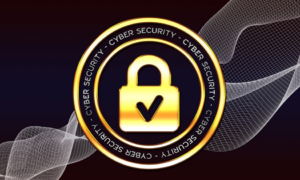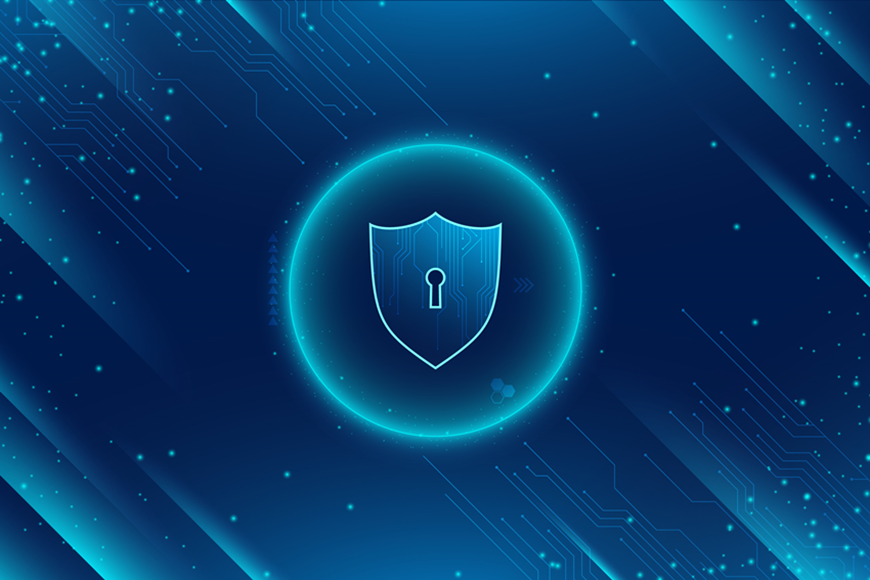The digital realm looms around the corner throughout the bustling space of commerce. Imagine a flourishing startup or an ambitious solo entrepreneur. While they might struggle to make financial ends meet, they neglect one key component. That is the cybersecurity behind their work and business.
Within cybersecurity lies the blueprint for fortifying small businesses against digital adversaries. This pushes them to safeguard customer data and preserve a reputation. Hence, this article will discuss how corporate cyber security is the key to a successful endeavor.

The Core Practice for Optimal Cybersecurity Measures
Cybersecurity for small businesses is essential in today’s digital landscape. A primary emphasis is safeguarding confidential information and preserving the integrity of your business. It is important to secure your business by ensuring that the FTP server Mac, or any other platform you use, is well protected. Strong security features, such as access restriction and encryption, can help protect your data and stop illegal access. By taking the necessary precautions and implementing robust security practices for your FTP server, you can significantly reduce the risks associated with cyberattacks, protecting your small business from potential harm.
Understanding Cybersecurity for Small Businesses
What is cyber security? It is also known as IT security for small businesses. Cyber security is the practice of protecting your networks, data, and systems from damage, theft, and threats. It includes technologies, processes, and different techniques. But why is cyber security important for small businesses? Some of the compelling reasons include:
- Protection of sensitive information
- Prevention of financial loss
- Safeguarding your reputation as customers trust your business
- Small businesses need to adhere to regulations to avoid legal consequences
- It provides a competitive advantage
- Cyber threats have been on the rise
Essential Cybersecurity Practices for Small Businesses
You can learn how to prevent cyberattacks on businesses. There is a diverse range of means to do so. This section discusses the most critical and simple ones.
Safeguarding data: your first line of defense
The first thing you should do is implement data protection measures. Your business is never completely safe from cyberattacks. Yet, protecting your data is the first step you should take. Use encryption, data backups, and access controls. This helps keep sensitive information confidential. Regularly backup your information. It mitigates the impact of potential breaches or system failures.
The art of password protection
Passwords are the first line of defense when someone wants to access your device. You should employ solid and complex passwords. Always use a mix of letters, numbers, and special characters. Also, adopt two-factor authentication (2FA), which adds an extra protection layer.
Defending against phishing attacks
You and your employees should receive regular training to recognize and avoid phishing. People should become aware of the harm brought by clicking on links or opening attachments from unknown sources. These are the most common phishing tactics. One can also implement email filters and advanced threat detection systems.
Choosing the Right Cybersecurity Tools
Selecting the right tools becomes essential. However, since a small business has limited resources and a specific budget, there must be a balance to strike.
Budget-friendly solutions for small businesses
Small businesses do not need to break the bank to ensure internet security or the safeguarding of information. Open-source security software can be an attractive choice. It is often free to use and is customizable. Firewalls and antivirus programs can also be found in open-source.
You can also opt for a cloud-based security service. Cloud providers offer cybersecurity solutions as a subscription-based service. This eliminates the need for costly hardware investments and maintenance. They also often have dedicated security teams, so you do not have to employ additional staff for your security.
Enhancing business network security
You can ensure your business network security through various means, including:
- Virtual Private Networks (VPNs). They create encrypted tunnels for secure communication.
- Network Access Control (NAC). NAC ensures that only compliant devices can access a specific network.
- Intrusion Detection and Prevention Systems (IDS/IPS). They monitor traffic in real-time. This allows them to identify and alert people of suspicious or harmful activities.
Conclusion
Cybersecurity is crucial for everyone, especially small businesses. It provides a competitive edge over others, as it builds trust with clients. Implement data protection, strong passwords, and protection against phishing. Don’t worry, as there are budget-friendly solutions, such as open-source security, for you to use.
You can also enhance your network security through VPNs and intrusion detection systems. You can safeguard sensitive information by putting your devices’ and network security first. This way, you preserve customer trust and thrive within your industry.
Also Read:



